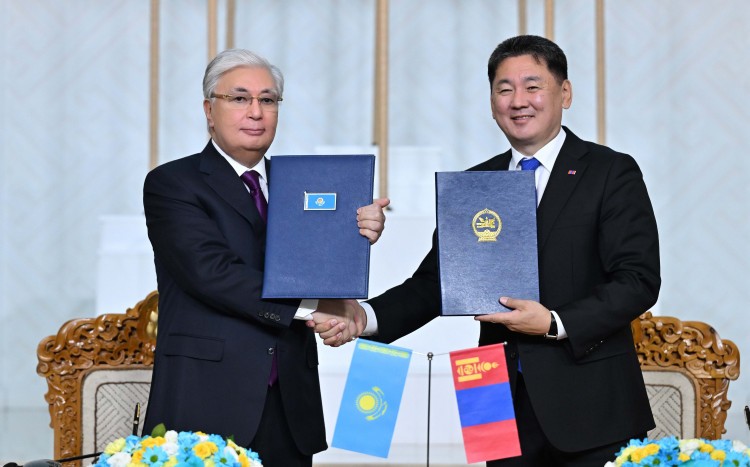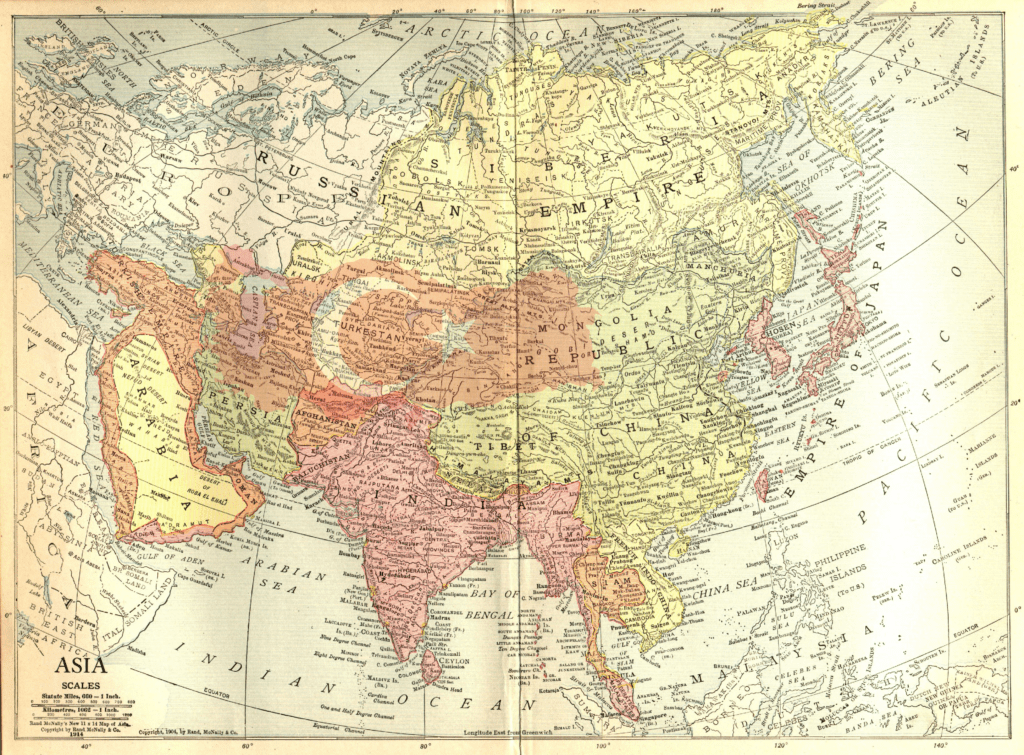BISHKEK (TCA) — A female journalist in Kyrgyzstan, Nazira Begim, has asked Kyrgyz President Sooronbai Jeenbekov to legalize polygamy. She posted her letter to the President of Kyrgyzstan on her Facebook page late last year, amid debates on the religious leader Chubak aji Jalilov’s YouTube video post about marrying a second wife.
“The reason for writing the letter to the president was to protect women’s rights,” says the journalist. Nazira Begim believes that there has always been polygamy in Kyrgyz society.
“During the Soviet era, having two or more wives was banned. But it completely contradicts our culture and mentality,” says the journalist, who also fights for women’s rights.
“Men had raised this question (polygamy) before, but with no success. I fight not only for first wifes’ rights but also for the rights of second, third and fourth wives. Despite all the difficulties, and comments (on social media), I have been raising this question,” said Nazira Begim.
She claims that every second or third man is Kyrgyzstan has two or sometimes three “wives”.
“They legally do not have rights to things like property, documents (father’s name) for their children, etc. Women who have children with already married men are considered single mothers. And their children’s rights are infringed. Such children cannot tell who their dad is, or obtain a document showing their father’s name. Can you imagine the psychological distress of such children in our modern state?” says Nazira.
The journalist thinks that couples in such complicated relations split, wives and their children remain with nothing. Second or third “wives” should have exactly the same right to property as the first wives, says Nazira.
According to the journalist, polygamy is not a tragedy. If the Kyrgyz parliament ever enacts a law which will allow polygamy, there should be articles in the law showing what each wife is legally eligible to. This will make men more responsible in terms of caring about wives. She believes that Kyrgyzstan needs such a law since many famous individuals now have 2-3 wives.
But there is a big group of people who are against legalizing polygamy, who have addressed the President, Prime Minister, the Parliament and the State Commission on Religious Affairs with the demand to stop arguments about polygamy, and to stop the initiators of polygamy legalization. They have also asked the government to promote a new law which would have better mechanisms to regulate domestic violence, to better monitor polygamy and early marriage cases, and to strengthen the secularity of the country.
The issue of legalizing polygamy has been raised for the third time since the independence of Kyrgyzstan. According to Janna Arayeva, a media expert, those interested in the legalization of polygamy have been raising this issue to measure the level of the population’s tolerance to this matter. Once people get used to it and there is no wave of dissatisfaction, they will start lobbying it. Most likely there are powerful people in the country who stand behind it. It is also possible that the issue is being raised with the financial support of some Persian Gulf country, the expert said.
There is another theory. “The polygamy issue is thrown into discussions during the country’s important moments in order to take away the people’s attention. Late in 2017 it was thrown in during the conflict between the then Kyrgyz President Atambayev and Kazakh President Nazarbayev [and the transport bottleneck on the Kyrgyz-Kazakh border — edit.]. But after Jalilov’s polygamy video, people in Kyrgyzstan started talking about this issue,” says Janna.
The media expert also suggests that the journalist who asked the Kyrgyz president to legalize polygamy wanted to attract the public attention to popularize herself with the help of the widely discussed issue.









